|
AHFE 2017 BEST PAPER AWARDS
|
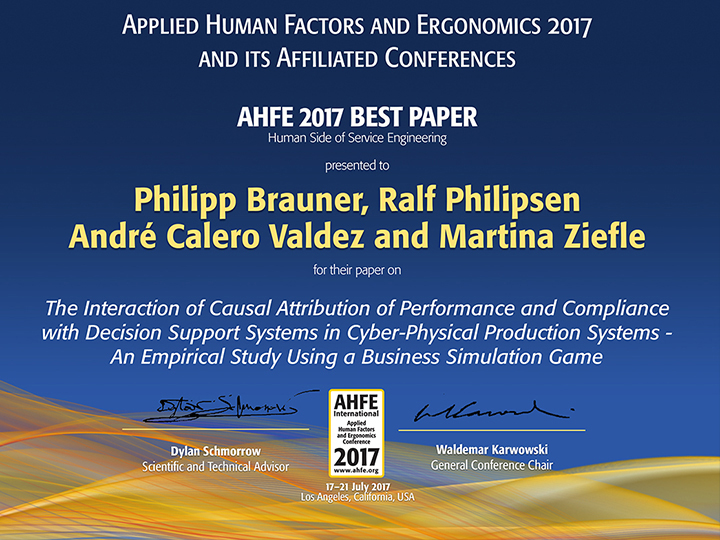 |
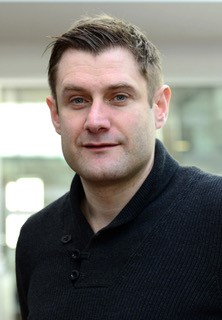
Philipp Brauner |
Dr.
Philipp Brauner is a senior researcher at the
Human-Computer Interaction Center at RWTH Aachen University,
Germany and engineers holistic and viable ICT interventions
to increase workers’ productivity and job satisfaction.
|
|
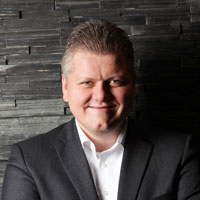
|
Ralf
Philipsen |
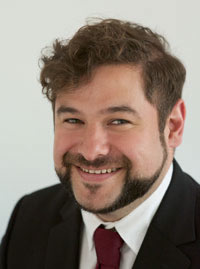 |
André Calero
Valdez |
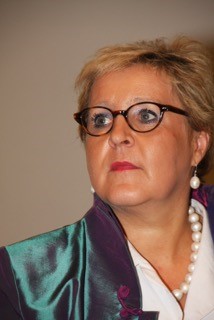 |
Martina Ziefle |
| Ralf Philipsen
is a researcher at the Human-Computer Interaction
Center at RWTH Aachen University. His research
addresses user acceptance and data visualization in
different technology contexts with foci on mobility
and infrastructure planning. In addition, he
investigates decision-making processes in production
enterprises, for example, in supply chain and
quality management. |
André
Calero Valdez holds a PhD in Psychology
from RWTH Aachen University and works as a senior
researcher at the Human-Computer Interaction Center
at RWTH Aachen University. His research deals with
how people derive actionable knowledge from data
using information systems. He focuses on aspects of
visualization, recommender systems and system
complexity. |
Martina Ziefle
is full professor for Communication Science at RWTH
Aachen and director of the Human-Computer
Interaction Center at RWTH Aachen University. Her
research is directed to human-computer interaction
and technology acceptance in different technologies,
taking demands of user diversity into account. In
addition to teaching and directing research in
HumTec, Prof. Ziefle leads various projects funded
by industrial and public authorities, dealing with
the interaction and communication of humans with
technology. |
|
|
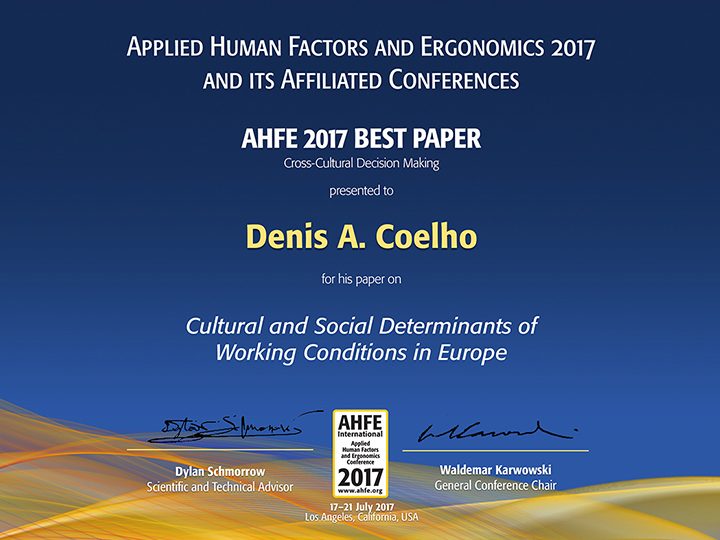 |
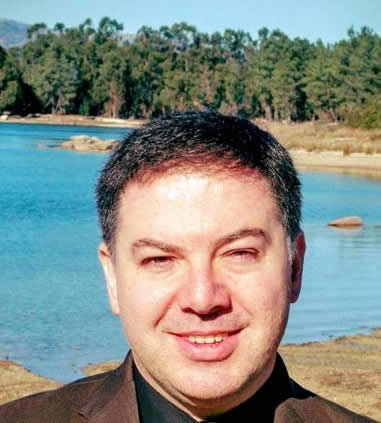
Denis Coelho |
Denis
Coelho, Ph.D. earned his doctoral degree in 2002
and now holds an extensive publication record in Human
Factors and Ergonomics and Product Design. He is an
international evaluator for Research Grant Proposals and
Doctoral dissertations. He is the founding and active editor
in chief of The International Journal of Human Factors and
Ergonomics (indexed in Scopus and published by
Inderscience). Founding Coordinator of the Industrial Design
Engineering Masters programme at University of Beira
Interior, Portugal. Assistant Professor of Human-Technology
Interfaces.
|
|
|
|
 |
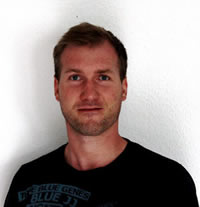
Marcus Schmidt
(Corresponding author) |
Marcus studied
mathematics and physical education at TU Dortmund
University. Since finishing his degree (M.Ed.) in 2011 he
works as a scientific employee at the institute for sport
and sport science at TU Dortmund University. He will finish
his phd this summer and his thesis is about the use of
inertial measurement systems for jumping and sprinting
diagnosis in track and field. Marcus main research interests
are the use of sensor technology for in-field diagnosis of
jumping and sprinting in several sports (track and field,
volleyball, basketball, handball), as well as underlying
aspects of motor learning.
|
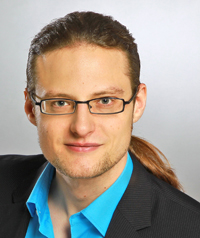 Sebastian
Wille Sebastian
Wille |
Dipl.-Ing.
Sebastian Wille joined 2010 the
Microelectronics Systems Design Research Group of
Prof. Wehn at TU Kaiserslautern. His research is
about design and evaluation of Internet of things
applications based on Wireless Sensor Networks. In
his studies of electrical and information technology
he won a prize from Richard-Hirschmann-Stiftung for
"prominent study achievement" and the Klara-Röser
prize "for notably scientific work". 2005 he won the
third prize of german-wide Young Researcher
competition in the area of technology. Begin 2016 he
founded Wille Engineering, a company providing IT
and electronic services. |
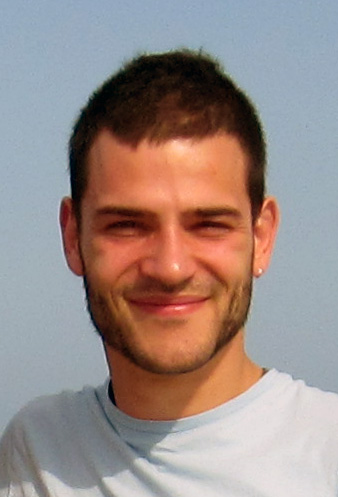
Carl Christian Rheinländer |
M. Eng. Carl
C. Rheinländer joined the
Microelectronics Systems Design Research Group of
Prof. Wehn at TU Kaiserslautern in 2015. His
research is about embedded ultra low power hardware
designs and communication technologies for
distributed interconnected systems. |
|
|
|
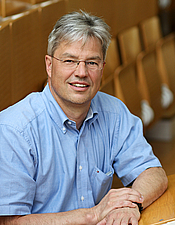
Norbert Wehn |
Norbert
holds the chair for Microelectronic System Design in
the department of Electrical Engineering and
Information Technology at the University of
Kaiserslautern. He has more than 250 publications in
various fields of microelectronic system design and
holds several patents. Two start-ups spinout of his
research group. He is Vice-President of the
University Kaiserslautern, associate editor of
various journals and member of several scientific
advisory boards. In 2003 he served as program chair
for DATE 2003 and as general chair for DATE 2005
respectively. In 2014 he was general Co-Chair of FPL
2015. |
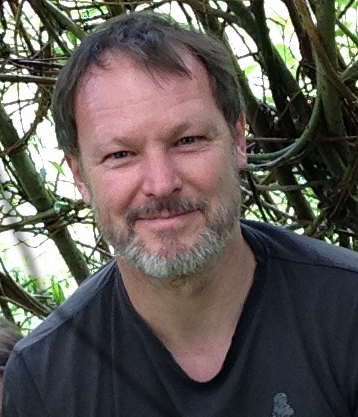
Thomas Jaitner |
Thomas
Jaitner is professor for movement and
training science at the TU Dortmund and head of the
sections “Movement and Training” as well
“Performance and Health”. Till 2016, he also was
director of the Institute of Sports and Sports
Science in Dortmund. Before he went to Dortmund, he
was working at the Universities of Kaiserslautern,
Leipzig and Frankfurt. His research focus is on the
analysis of complex movement patterns and gross
motor learning as well as on the development and
application of wearable computing technologies for
sports performance analysis. |
|
|
|
|
|
 |
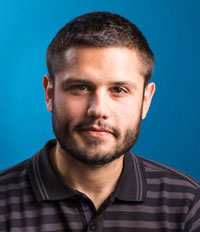 Nicholas Caporusso
Nicholas Caporusso |
Nicholas
Caporusso is an entrepeneur and a scientist in
the field of Human-Machine Interaction. He got a MSc in
Computer science (magna cum laude) and a PhD in Computer
science and engineering, both awarded as the best theses.
Then, he gained a Fulbright scholarship in Technology
Entrepreneurship from Santa Clara University (California,
US). He founded three companies (dbGLOVE - www.dbglove.com,
QIRIS - www.qiris.org, and Paperleap - www.paperleap.com)
and he has been awarded several prizes, including a Marie
Skłodowska Curie fellowship. He has been nominated by MIT
Technology Review Italy as one of the 10 best innovators
under 35.
|
|
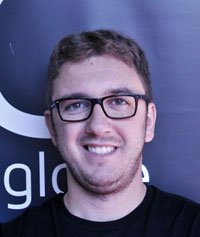 |
Luigi
Biasi |
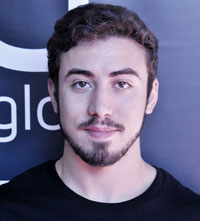 |
Giovanni
Cinquepalmi |
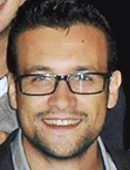 |
Gianpaolo
Francesco Trotta |
| Luigi Biasi
gained his MSc in Electrical and Information
Engineering (Magna cum Laude) at Polytechnic
University of Bari, where he focused on assistive
technology in both of his theses. |
Giovanni
Cinquepalmi gained his MSc in Electrical
and Information Engineering (Magna cum Laude) at
Polytechnic University of Bari, where he focused on
VR, on recognition of movement and gestures, and on
assistive technology. |
Gianpaolo
Francesco Trotta graduated in Computer
Science Engineering at Polytechnic University of
Bari in April 2015, with a final dissertation in
Human Computer Interaction. Now he is a Ph.D.
student at Polytechnic University of Bari in
Mechanical Engineering. The research goal is to
study, design and develop systems to use in medical
and industrial environment using virtual, augmented
and mixed reality. |
|
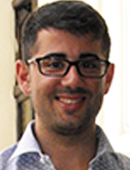 Antonio
Brunetti Antonio
Brunetti |
Antonio
Brunetti is a Ph.D. Student in
Electrical and Information Engineering at
Polytechnic University of Bari, where he is working
on Decision Support Systems (DSS) based on data and
biomedical systems for the personalization and
optimization of diagnosis, prognosis and innovative
therapies. He obtained the Master Degree in Computer
Engineering at the Polytechnic University of Bari,
where he specialized in the fields of Human-Machine
interaction and Image Processing applied to the
medical field. |
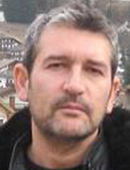
Vitoantonio Bevilacqua |
Vitoantonio
Bevilacqua obtained the Laurea Degree in
Electronic Engineering and the Ph.D. in Electrical
Engineering from Polytechnic of Bari, where he is
currently Tenured Professor of Human Computer
Interaction at the Department of Electrical and
Information Engineering and previously he also
taught Expert Systems, Medical Informatics and Image
Processing. Since 1996 he has been working and
investigating in the field of computer vision and
image processing, human-machine interaction,
bioengineering, machine learning and soft computing
(neural networks, evolutionary algorithms, hybrid
expert systems, deep learning). |
|
|
|
|
|
|
|
AHFE 2017 BEST STUDENT PAPER AWARDS
|
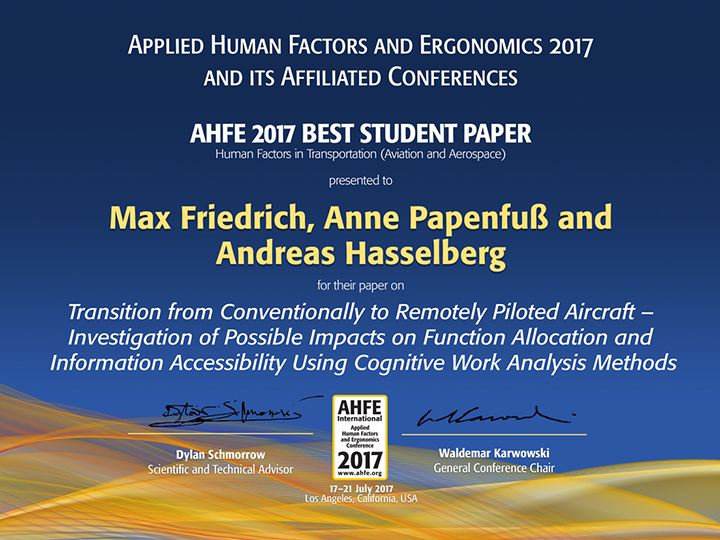 |
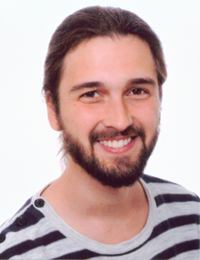
Max Friedrich |
Max
Friedrich is currently working on his PhD at the
German Aerospace Center (DLR) at the Institute of Flight
Guidance in Braunschweig, Germany. His PhD focuses on the
development of a ground control station for Medium Altitude
Long Endurance Remotely Piloted Aircraft Systems (MALE RPAS)
operated in controlled airspace. Since September 2015 Max
holds a Master of Science in psychology from the Technical
University of Braunschweig. During his studies he focused on
engineering and traffic psychology. His key research
interests are cognitive work analysis (CWA) and perceptual
psychology.
|
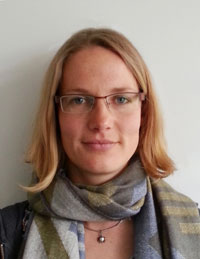
Anne Papenfuss |
Anne
Papenfuss conducts research in the Human
Factors branch of the Institute of Flight Guidance
of the German Aerospace Center in the development
and evaluation of concepts and human machine
interfaces for airport management, remote towers and
remotely piloted systems. She graduated with a
Magistra Artrium in Media Sciences from Braunschweig
Technical University in 2007. |
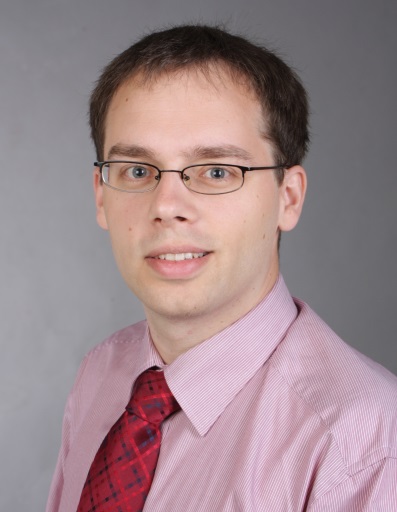
Andreas Hasselberg |
Andreas
Hasselberg received the diploma and
Dr.-Ing. degrees in engineering from the University
of Duisburg-Essen, Germany, in 2009 and 2014,
respectively. He is member of the Human Factors
group in the Institute of Flight Guidance of the
German Aerospace Center (DLR), Braunschweig, Germany
since 2010. He is involved in developing and
validating new concepts for human-automation
interaction for cockpits, air traffic control and
remotely piloted aircraft systems. He was recently
Coordinator of the EU-founded projects A-PiMod and
MINIMA. |
|
|
|
|
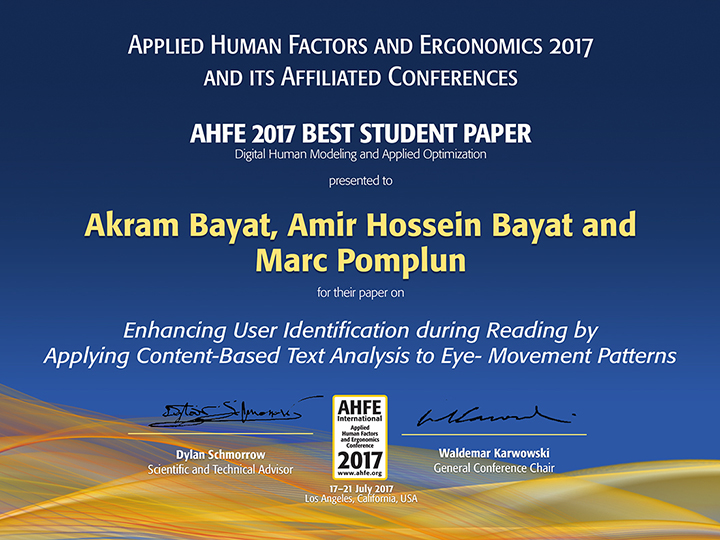 |
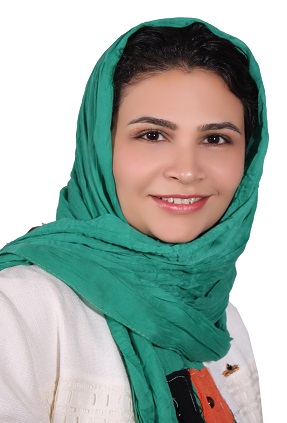
Akram Bayat |
Akram Bayat
is a Ph.D. candidate in computer Science at the Visual
Attention Laboratory of the University of Massachusetts
Boston advised by Professor Marc Pomplun. Akram received
both the master of Electrical Engineering and the master of
Computer Science prior to joining Ph.D. program. She is
currently working on how to apply human attentional
mechanism to deep neural network for the scene and object
recognition. Akram has conducted several projects on Human
activity recognition and eye-movement based user
classification. She is also interested in computer vision,
machine learning, data mining, and human-user interface
design. |
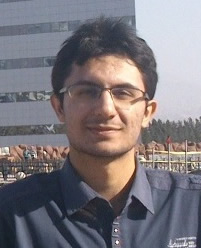
Amir Hossein Bayat |
Amir
Hossein Bayat received his BSc in
Computer Engineering from K.N.Toosi University of
Technology, in 2014 and his MSc degree in Artificial
Intelligence from Iran University of Science and
Technology in 2017. His research interests include
deep learning, probabilistic graphical models,
statistical machine learning, and computer vision. |
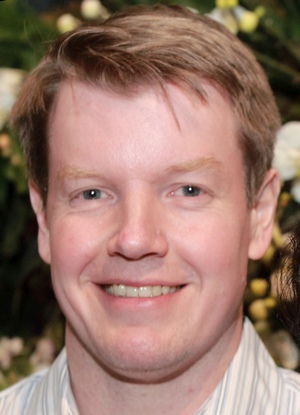
Marc Pomplun |
Marc
Pomplun is a Professor of Computer
Science at the University of Massachusetts Boston,
where he joined the faculty in 2002. He received
both his M.S. in Computer Science and his Ph.D. in
Computer Science at Bielefeld University, Germany,
in 1994 and 1998, respectively, under Professor Dr.
Helge Ritter. He was a Post-Doctoral Fellow in the
Department of Psychology at the University of
Toronto and a Research Scientist in the Center for
Vision Research and Department of Computer Science
at York University, Toronto. |
|
|
|






 Nicholas Caporusso
Nicholas Caporusso







 Sebastian
Wille
Sebastian
Wille





 Antonio
Brunetti
Antonio
Brunetti



